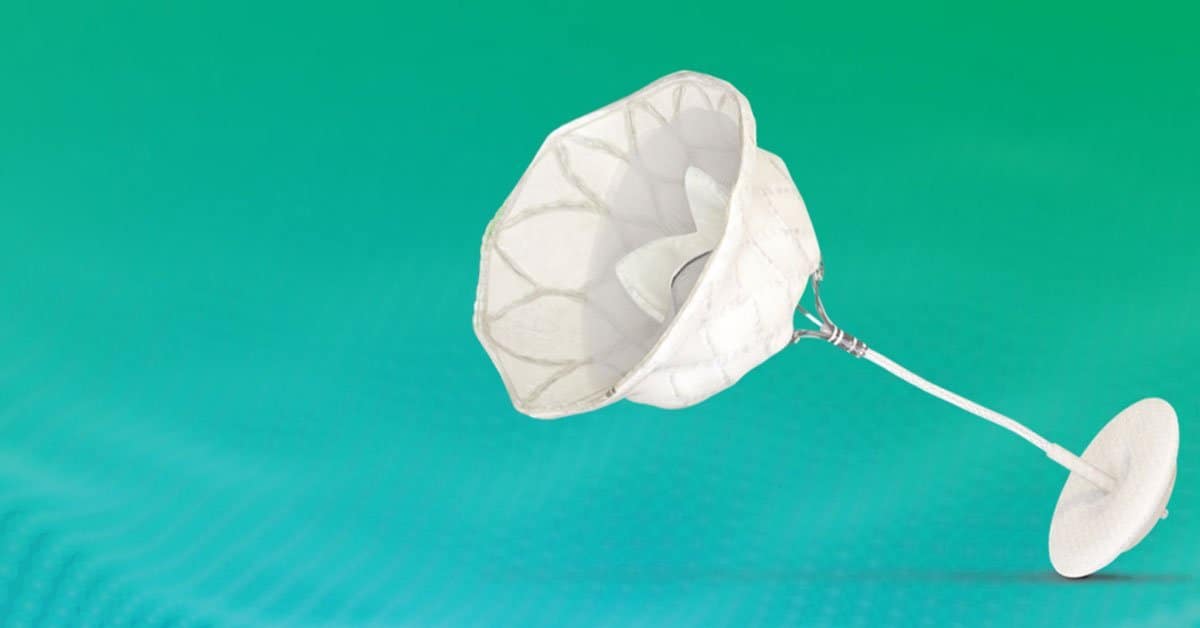J&J’s Biosense Webster subsidiary is making strides toward the completion of its pulsed field ablation (PFA) clinical trial, joining competitors Medtronic and Boston Scientific in the race for FDA approval.
PFA devices deliver short electrical pulses to scar tissue in the heart and interrupt irregular electrical pathways that cause AFib. The new approach has gained attention among electrophysiologists because it causes less tissue damage than the current standard ablation procedures.
The analysis, dubbed inspIRE, evaluated Biosense Webster’s PFA system among 226 patients with drug-refractory paroxysmal AFib (40 in wave I and 186 in wave II).
Here are key findings from during the procedure:
- Entrance block was achieved in 100% of patients.
- PVI without reconnection was achieved in 96-97% of target veins.
- Mean procedure time declined from 82.4 minutes in wave I to 70.1 minutes in wave II.
At one year, the researchers found:
- 71% of patients experienced no atrial arrhythmia (above the performance goal of 50%)
- 0% of patients experienced procedure-related safety events
The Takeaway
Pulsed field ablation has had tremendous commercial success in Europe, and now medtech companies are vying to establish their product as effective and be the first to the US market. Biosense Webster’s inspIRE trial was the latest of the three companies to report clinical trial progress and suggests that PFA FDA approval is on the horizon.





